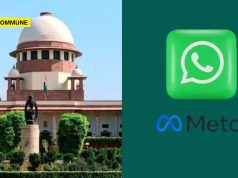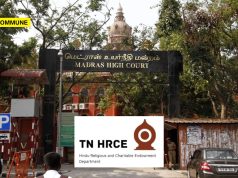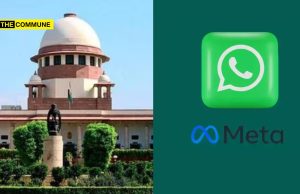
The Kerala High Court recently stated that it cannot rely on Muslim clerics who lack legal training to rule on Muslim personal law issues.
The court made the remark after dismissing a petition seeking a review of a previous ruling that held that a Muslim woman has the right to seek divorce unilaterally through a process known as ‘Khula.’
A division bench of justices Muhamed Mushtaq and CS Dias ruled that courts are not required to follow a Muslim scholar’s opinion.
The High Court in its order said,” This is a typical review portraying that Muslim women are subordinate to the will of their male counterparts. This review does not look innocuous at the instance of the appellant, but rather appears to have been fashioned and supported by clergies and the hegemonic masculinity of the Muslim community who are unable to digest the declaration of the right of Muslim women to resort to the extra-judicial divorce of khula, unilaterally.”
The appeal was filed in response to a divorce decree granted to a Muslim wife in accordance with the Dissolution of Muslim Marriages Act of 1939.
The court also stated that it will not be unduly influenced by the opinions of Islamic clergy who lack legal training. “There is no doubt that their opinion matters to the court in matters relating to beliefs and practises, and the court should give deference to their views,” the HC said.
The court further maintained that the Quranic verse relating to ‘khula’ found in Chapter 2, verse 229, in unequivocally declares that a Muslim wife has the right to terminate her marriage and this right can be restricted citing a hadith.
(with inputs from TimesNow)
Click here to subscribe to The Commune on Telegram and get the best stories of the day delivered to you personally.




